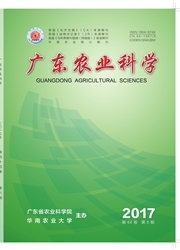

 中文摘要:
中文摘要:
几十年来,中国动画电影的指导者和创作者们一直将动画的教育性放在首位,始终强调“寓教于乐”,也产生了很多优秀的动画作品。但是,在动画电影教育性、艺术性与商业性三者的结合上,却一直没有取得真正的成功。通过对《千与千寻》和《鬼妈妈》两部动画电影的分析,或许可以得出这样的结论:回归到“寓教于乐”的本质,动画电影中所包含的道德美必须通过观众喜爱的个性化角色、符合观影心理的剧情设置,才能对观众起到引导作用。事实上,动画电影的教育性和艺术性从来就不是矛盾的。
 英文摘要:
英文摘要:
For decades, the instructors and creators of animated films have put the educational role of anima- tion at the first place, and always stressed its "edutainment", under which a lot of good animated works or products have been created. However, there has been no success at the real sense in terms of the combination of education- al, artistic and commercial functions of the animated films. Through the analysis of two animated films "Spirited A- way" and "Coraline", it can be concluded that the animated films, by return to the essence of the "edutainment", inspire the audience with their ethics beauty only by means of their distinguishing characters popular to the au- dience and plot desi cational and artistic gns fun in conformity with the psychology the audience has while watching the films. In fact, edu- ctions of animated films have never been contradictory.
 同期刊论文项目
同期刊论文项目
 同项目期刊论文
同项目期刊论文
 期刊信息
期刊信息
